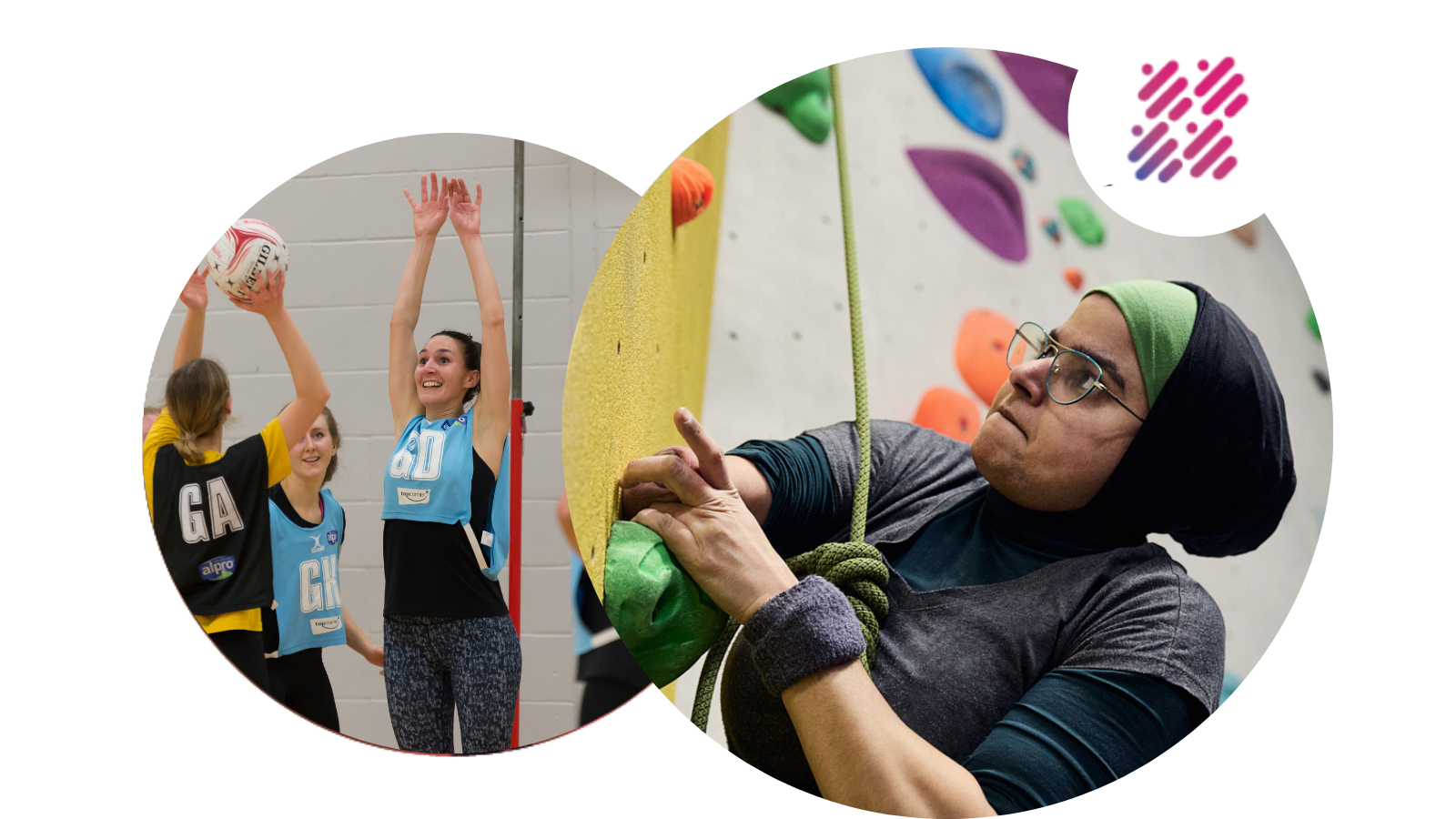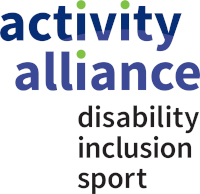Almost 300,000 People are Active

Almost 300,000 more people are doing 150 minutes of activity a week according to new figures released today from our Active Lives Adult Survey May 2017/18.
The report also shows that inactivity levels - people doing fewer than 30 minutes of activity a week - dropped by 116,000 over the same time period.
Based on a sample of almost 185,000 respondents to our survey, 297,400 more people in England, aged 16 and above, are meeting the Chief Medical Officer's guidelines of doing at least 150 minutes of moderate intensity physical activity a week - relative to the previous 12 months.
As well as this, the report shows 116,400 fewer people are now classed as inactive and are therefore doing more than 30 minutes of physical activity a week, with a particular change being noticed in older adults aged 55-75 - a key target group in our strategy Towards an Active Nation.
Click here to read the report.
The survey also revealed interesting trends in people’s choice of activities.
Walking, both for leisure and travel, grew in popularity, with nearly one million more people walking at moderate intensity. We have invested significantly in helping people get active outdoors through partnerships with the National Trust, the Forestry Commission, the RSPB, the Canal & River Trust, and in programmes like Beat the Street that turns towns and cities into a giant game to help families get active.
Other activities that grew in popularity over the period were:
- Adventure sports, with 213,400 more people taking part
- Combat sports and martial arts such as boxing (including boxing fitness classes), which saw an increase of 84,800
- Gym sessions, with 320,700 more people taking part
- Fitness classes also saw a big increase, of 197,000, with yoga, pilates and HIIT classes making some of the biggest gains
- Roller and skating sports are showing strong growth with 35,100 more people taking part
Nick Pontefract, our chief operating officer, said:
There are some positive results here in terms of more people getting active, and I am pleased that we are beginning to see a reduction in inactivity. It’s also very clear that the activity habits of the nation are changing, with people finding the activities that best suit them and their lives. The new patterns highlight the importance of Sport England’s partnerships with bodies like the National Trust, the RSPB, and the Forestry Commission to support more activity outdoors, and our work with Pubic Health England on training medical professionals to encourage people to get active in ways that will benefit their health. We know that sport and physical activity can have a profound impact on physical and mental wellbeing, individual skills and confidence as well as building social capital and growing the economy. Our role is to help everyone regardless of age, background or ability to be active so that they can benefit from those outcomes."
The positive trend in activity applies to men and women (aged 16+) equally, but comparatively women are still significantly less likely to be active than men, with 14.2 million active men and 13.8 million active women.
As expected, the extremely cold and wet weather in February, March and April had a significant impact on some outdoor sports, notably football and cycling as 303,800 fewer people cycled during the 12-month period, with notable drops in participation between December and March. While statistics from British Cycling indicate they had to cancel double the number of events during this period compared to the previous 12 months.
Football was also badly affected by the weather, with a reduction of 203,800 people playing in the 12 months to May 2018. The FA reported 94,000 matches were cancelled that season, which meant the loss of more than two million opportunities to play.
There was also a marked decline in swimming, with 360,400 fewer people taking part. However, the bad weather brought good news for fans of winter sports as 29,400 more people took part, driven by an increase in the number of people sledding.
The survey also measures the number of people volunteering in sport and activity, and showed there has been a significant decline in the last 12 months with 400,500 fewer people volunteering at least twice a year in sport.
There is a similar pattern across all sectors of volunteering, with numbers declining in many areas over the last four years.
Tracey Crouch, Minister for Sport and Civil Society, said:
We are working hard to get more people active and harness the benefits that sport brings. Since we launched our sport strategy nearly half a million more people are active and, crucially, inactivity rates have begun to drop. This is an important step in the right direction, but there is more to be done. People are turning to sports and activities that fit in with their lives - such as the gym, yoga, martial arts or even roller skating. Through Sport England, we are investing in initiatives that make it easier for people of all ages to get active and help us become a healthier nation."
Dr Mike Brannan, physical activity lead at Public Health England, added:
It is great that more people seem to be getting increasingly active - but there are still many who aren’t. Introducing physical activity into your life can start with a simple 10-minute brisk walk each day, which will improve your health and help you build your fitness and activity level."
The survey figures cover the 12-month period from May 2017 to May 2018.
ENDS
Latest news from Active Black Country
View all news
INSIGHT HUB
Timely data and learnings in relation to physical activity and sport in the Black Country and the added value we can offer.

WATER SAFETY PROGRAMME
Our Black Country Water Safety Programme has had a big impact since launching. Access our free resources for schools, community groups and parents & guardians to increase the number of children and families who are water safe and boost their enjoyment of swimming.

ACTIVATION ACADEMY
Resources and training material to support the Black Country sport & physical activity workforce.













